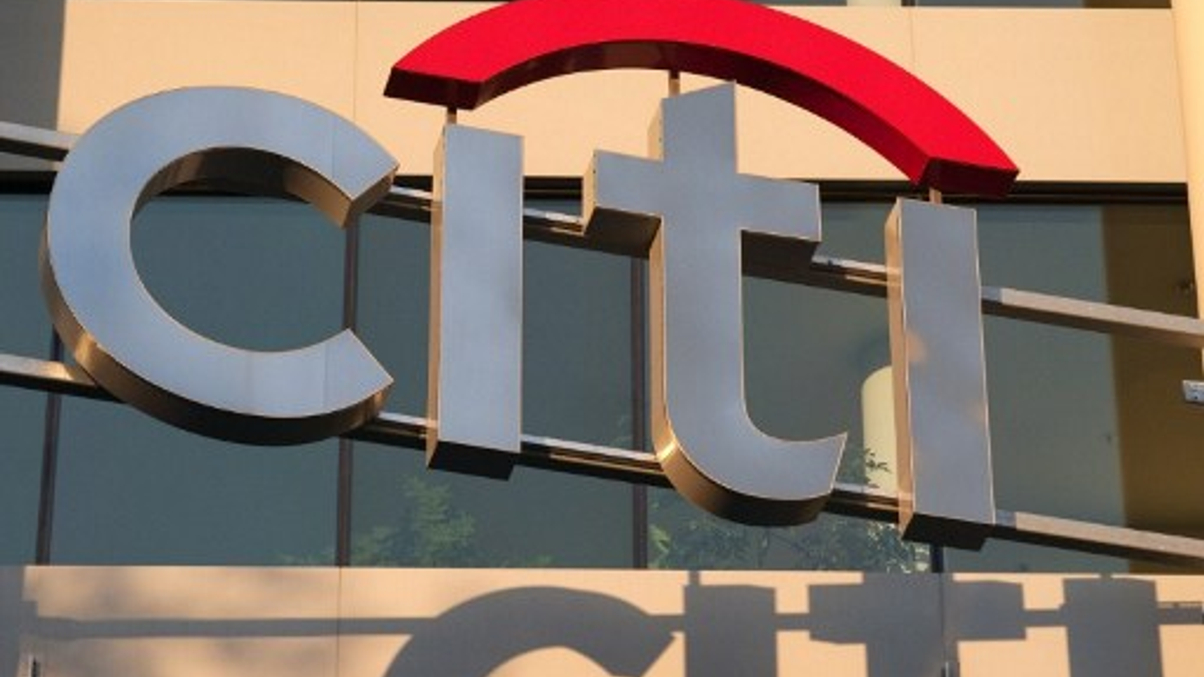Citi, UBS create game-changing post-trade solution
Citi and UBS have created a post-trade processing solution which offers middle-office, clearing and settlement services, and removes the need for brokers to have a post-trade infrastructure.

When UBS and Citi united their capabilities in the post-trade space, the two global firms turned traditional securities post-trade processing on its head with the creation of Post-Trade Plus.
Sign in to read on!
Registered users get 2 free articles in 30 days.
Subscribers have full unlimited access to AsianInvestor
Not signed up? New users get 2 free articles per month, plus a 7-day unlimited free trial.
¬ Haymarket Media Limited. All rights reserved.


